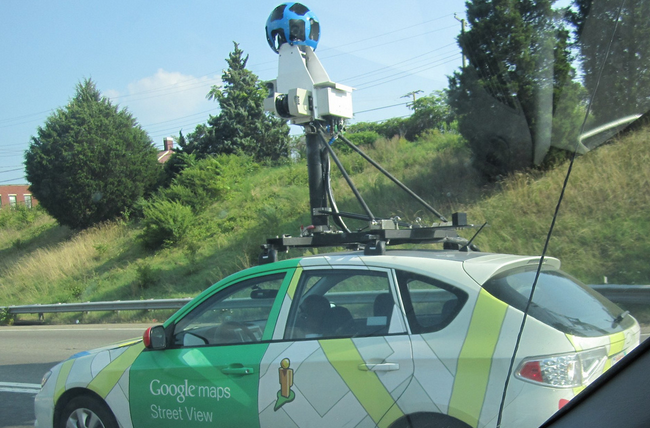SCOTUS: Google Must Face Lawsuit That Its Street View Data Collection Invaded Consumers’ Privacy
The Supreme Court declined to hear Google’s challenge to a federal appeals court ruling that the Wiretap Act covers data on unencrypted, in-home Wi-Fi networks, VentureBeat reports.
Google argues it didn’t violate the U.S. Wiretap Act when its Street View cars collected personal information – including e-mails, usernames, passwords and more – through consumers’ home Wi-Fi systems as it drove through their neighborhoods.
Unfortunately for Google, SCOTUS doesn’t see it quite the same way and the company must now face a class-action lawsuit alleging it illegally snooped on people from 2008 to 2010 in order to boost its Street View data.
Last September, Google lost an appeal in federal court over whether or not the company invaded people’s privacy. At the time, the court said the collection of personal correspondence and online activities was wrong, and a violation of wiretap laws.
Google protested that it was exempt from the law because the information transmitted on those networks used “radio communication” and is already accessible to the public.
However, the federal court ruled that while you could always hop on your neighbor’s Wi-Fi if it wasn’t encrypted, “members of the general public do not typically mistakenly intercept, store, and decode data transmitted by other devices on the network.”
Previously, the company reached a settlement with 38 U.S. states and the District of Columbia. The company agreed to pay $7 million and destroy the data it collected.
Supreme Court: Google must face lawsuit over ‘Street View’ privacy invasions [VentureBeat]
Want more consumer news? Visit our parent organization, Consumer Reports, for the latest on scams, recalls, and other consumer issues.


